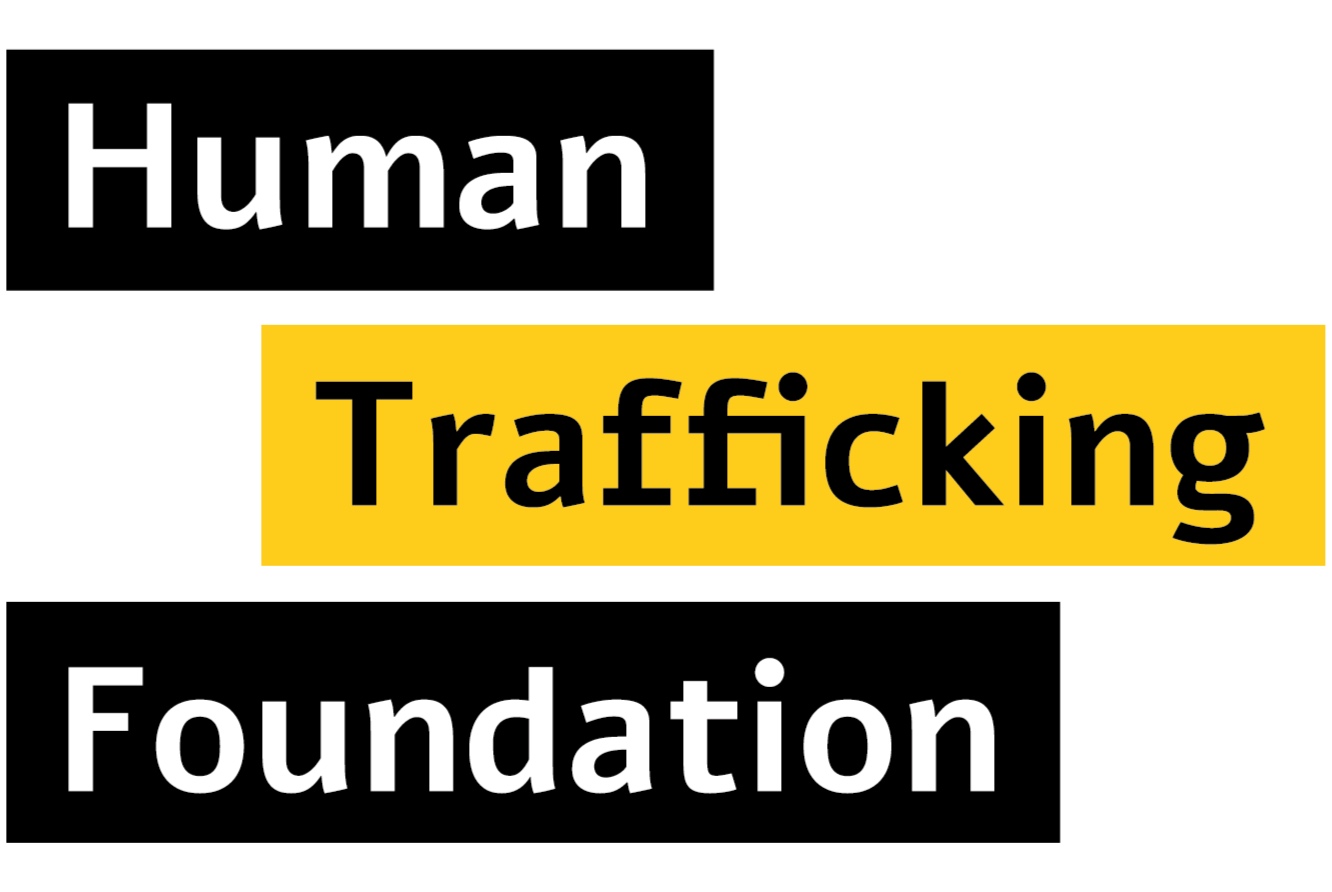About
The Slavery and Trafficking Survivor Care Standards (Care Standards) aim to improve service provision by ensuring that adult survivors of human trafficking and modern slavery consistently receive high quality care wherever they are in the UK. Their ultimate goal is to promote an integrated, holistic and empowering approach that places the real needs of survivors at the centre of the process of sustained recovery.
First published in 2014, the Care Standards were developed by a group of anti-trafficking practitioners and coordinated by the Human Trafficking Foundation. After the Modern Slavery Act was introduced in 2015, the Foundation led an update in collaboration with professionals across the anti-trafficking sector, and the Care Standards were republished in 2018. The 2018 Care Standards were adopted by the UK Government, referenced in the Modern Slavery Statutory Guidance, and used by the Care Quality Commission when inspecting government-funded safehouses and outreach support for survivors. Find out more about the 2018 version here.
Since then, the modern slavery landscape has changed significantly. Following recommendations from two reports by Fulbright Scholar Sara Gilmer and the University of Nottingham Rights Lab (here), the Foundation worked with more than 150 people with lived and learnt experience of modern slavery to update the Care Standards in 2025. This edition expands on care for survivors who are not in the National Referral Mechanism; includes a new chapter on Work, Skills and Education; a Children’s Annex; provides clarity on the differences between the UK jurisdictions; information on supporting survivors with disabilities; emphasis on cultural responsiveness; inclusion of co-working with people with lived experience; clear bold standards and implementable practice reminders; refreshed guiding principles; and updated guidance based on research, policy and learning since 2018.
Please tell us how you’re using the Care Standards and share any examples of their impact, along with any changes we should consider for future editions here.
Response from Ministers
“On the topic of supporting survivors, I would like to congratulate everyone involved in the frankly weighty tome of the development of the updated Care Standards. They set a clear, compassionate benchmark for the care and recovery of victims and I am proud to express on behalf of the Government our support for the standards and the principles which will continue to guide our support provision. This is just another example of what can be achieved of when we all work together.” – Jess Phillips, Minister for Safeguarding and Violence Against Women and Girls, October 2025
“This is a significant milestone in improving victim care and support. I am pleased to confirm my commitment to the adoption of these Care Standards and, once published, will ensure staff from my Modern Slavery, Human Trafficking and Child Exploitation Team share these with those who provide support to victims of Modern Slavery and Human Trafficking (MSHT) under the Department of Justice MSHT contract. Those organisations will then incorporate them into their own policies and procedures.” – Naomi Long, Minister of Justice (NI), September 2025
“I welcome the revised Care Standards as an important contribution and want to acknowledge the significant endeavour this has been for you and your colleagues over the past 12 months... I welcome the six principles set out in the Standards and note their alignment with the underpinning principles in Scotland’s recently published Trafficking and Exploitation Strategy. The revised Slavery and Trafficking Survivor Care Standards will be an excellent resource for practitioners across the UK in this regard. I support the introduction of the revised Care Standards and my officials will ensure the human trafficking victim support network in Scotland is fully aware of the launch later this month.” – Siobhian Brown, Minister for Victims and Community Safety (Scotland), October 2025


